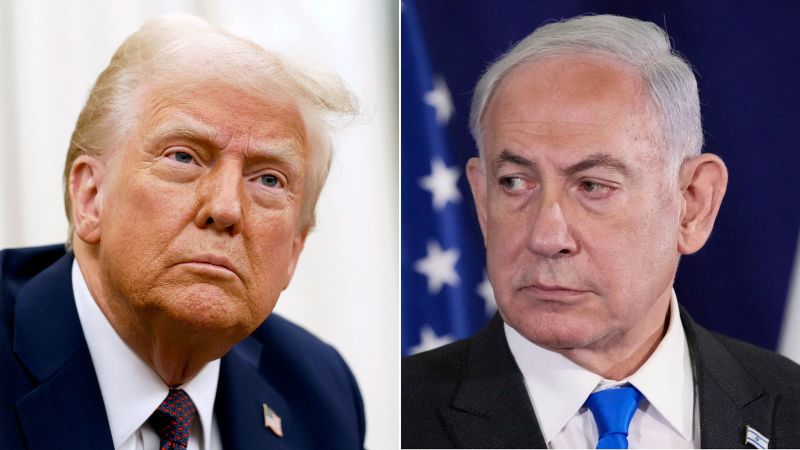Prime Minister Benjamin Netanyahu’s visit to President Donald Trump at the White House marks a crucial moment, highlighting the complexity of their relationship and the potential impact on the Middle East. As negotiations for a Gaza ceasefire continue, Netanyahu seeks clarity on Trump’s stance, despite the latter’s mixed confidence in overseeing the deal’s phases. Discussions extend to Gaza’s future and broader Middle East relations, including potential normalization with Arab nations. Speculation arises on Netanyahu’s diplomatic intentions or possible actions against Iran, contrasting with Trump’s reluctance for conflict escalation.
Past tensions between Trump and Netanyahu, fueled by perceived betrayals and strategic differences, give way to a focus on arms sales and mutual interests during the visit. Despite past discord, Netanyahu aims to foster positive interactions with Trump, emphasizing the importance of direct engagement with foreign counterparts for progress. The dynamic between the leaders mirrors Trump’s previous interactions with foreign dignitaries, emphasizing the significance of personal diplomacy.
Netanyahu’s extended stay in Washington signals a commitment to engaging with diverse perspectives, setting the stage for pivotal discussions beyond immediate concerns. While their relationship has faced challenges, both leaders prioritize direct communication to navigate complex geopolitical issues and potential conflicts. As Netanyahu and Trump engage in discussions, their interactions hold the promise of shaping regional dynamics and influencing future diplomatic efforts in the Middle East.

